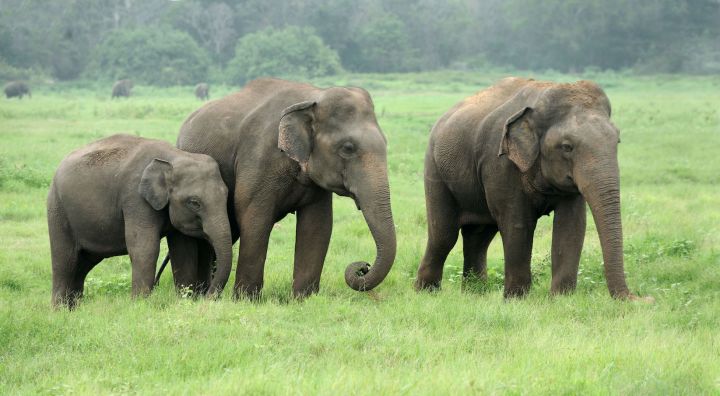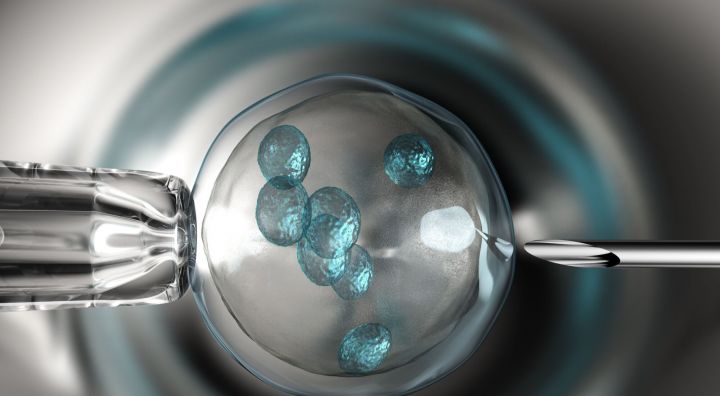Elephant DNA: The Secret to Cancer Suppression? (2017)
Some animals, such as elephants, almost never get cancer, and scientists have learned that the elephant DNA repair system is 20 times more powerful than the human system


Some animals, such as elephants, almost never get cancer, and scientists have learned that the elephant DNA repair system is 20 times more powerful than the human system

A look at important medical, health and science headlines for the week of May 14, 2017.

A look at important medical, health and science headlines for the week of May 7.

A look at important medical, health and science headlines for the week of April 9.

A look at important medical, health and science headlines for the week of April 2, 2017.

Many people sing badly and think they’re tone deaf, but a surprisingly low proportion of them truly can’t tell one note from another.

Pregnancy and baby aspirin, obesity and education, toxic snow.

Doctors are taking what they’ve learned in hand transplants, especially in nerve regeneration, and applying it to eye transplant development.

Music thanatology is a specialized practice of playing harp music for the dying. A practitioner of the art explains how there is also science to it as well.

Hospital intensive care units appear to be a model of high tech, but systems engineers say ICUs are actually models of inefficiency.

New science has discovered that certain personality types are predictably predisposed to addiction risk, and that educational efforts can be targeted to them effectively.

Experts discuss a new platform where scientists and public can debate genetic science, and from which education can be disseminated.
Subscribe to get the latest from Radio Health Journal directly in your inbox.

